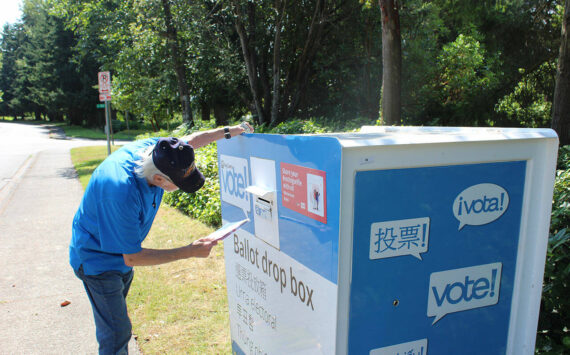Pierce County Council
Regular Meeting
3 p.m., Tuesday, September 14, 2004
Room 1045
County-City Building
930 Tacoma Ave. South
Message from the Executive
A message from the Executive transmitting the following Ordinances, which were approved and signed on August 30, 2004:
Ordinance No. 2004-60, ratifying the collective bargaining agreement reached with the Pierce County Prosecuting Attorneys Association; and amending the Pierce County Classification Plan.
Ordinance No. 2004-73, amending Ordinance NO. 2003-103s; deleting Map Amendments M-10-Dunning, M-10-Rozgowski, and M-10-The Buttes, and related findings of fact; amending Ordinance No. 2004-52s, which implements Ordinance No. 2003-103s; in response to a final decision and order of the Central Puget Sound Growth Management Hearings Board in Orton Farms et al. v. Pierce County, Case No. 04-3-0007c; and declaring an emergency.
A message from the Executive transmitting the following Emergency Ordinance, which was approved and signed on August 31, 2004:
Ordinance No. 2004-88, amending Ordinance No. 2004-52s by removing portions of the Pierce County Zoning Atlas erroneously included within Exhibit E to the ordinance; in response to Pierce County Ordinance No. 2004-37.
Proclamation
Proposal No. R2004-127, proclaiming Saturday, September 18, 2004, as Reverend David T. Alger Day in Pierce County, Washington.
Ordinances
Proposal No. 2004-59, amending the removal from office procedure in Section 2.61.060 of the Pierce County Code regarding the Anderson Island Citizens Advisory Board.
Resolutions
Proposal No. R2004-82s, directing the County Engineer to report on the merit and value of a possible new county road that would provide a connection between the southern end of Bonney Lake/Cascadia Plateau and State Route 162 in the City of Orting.
Executive session
Discussion pursuant to Revised Code of Washington (RCW) 42.30.110(i). To discuss with legal counsel representing the agency litigation or potential litigation to which the agency, the governing body, or a member acting in an official capacity is, or is likely to become, a party, when public knowledge regarding the discussion is likely to result in an adverse legal or financial consequence to the agency.




